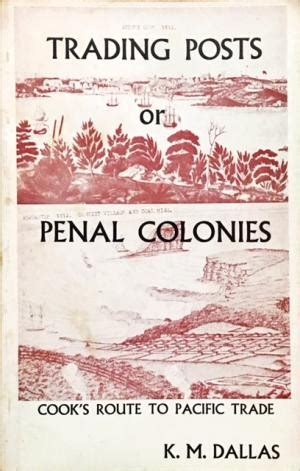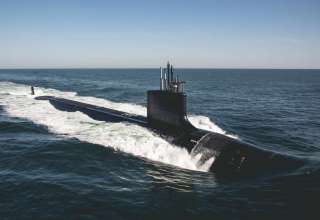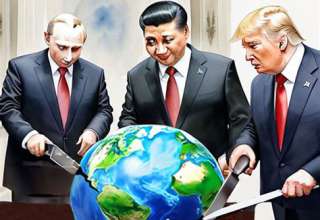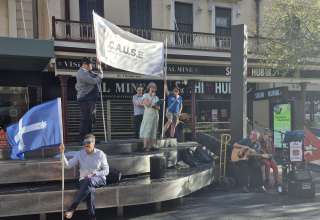by Humphrey McQueen
This article was submitted to the The Editor of The Canberra Times
That the ACT Attorney-General and leader of the Greens in the Legislative Assembly thinks that Australia Day is when Lt Cook sailed past Sydney Harbour without noticing its existence, is to be expected.
More concerning are the implications of ‘invasion’ to account for what did happen on January 26, 1788 – eight days after Phillip had come ashore in Botany Bay to find it barren.
The settlement was not an invasion but an incursion.
The fleet had been sent to set up a refitting station en route to China. The British government and the East India Company, which held a monopoly over trade in the entirety of Asia – and Australasia – feared that the Dutch East India Company, with its powerful navy, would block access through the Malacca Strait. Britain and the Netherlands had been at war on and off for decades.
Among the Imperial designs was access to China, not to buy its teas in exchange for Indian opium, as happened by force from the early 1830s, but to sell the Chinese millions English processed goods.
To that end, Lord Macartney led an embassy to Peking in 1792, loaded with gifts, to be thanked, and told to go away since nothing Britain had to offer was of the least interest to the Celestial Court.
All this and more had been made clear by the 1960s by the Tasmanian historian, K.M. Dallas, and collected in his Trading Posts or Penal Colonies (1969). Geoffrey Blainey acknowledges his debt to Dallas in The Tyranny of Distance.
Dallas also knew enough economic and naval history to know that the Admiralty would not dump convicts when it needed them for all manner of public works, such as dredging the Thames – which is why they were on hulks. The value-adding resource of convict labour was no longer sent to the United States as a punishment for rebellion.
What happened in and around Sydney, and then Hobart from 1803, were moves in the hundreds of years of warfare between Britain and France.
Hence, 1788 was an incursion as part of a blue-water strategy. Invasion gets under way twenty-five years later as Britain emerges from the anti-French wars as the only Great Power – leaving aside the land-locked Czarist Empire.
Not that the above will have any place in an era of truth-telling when the criterion will be ‘well, anyway, that’s my story’ as to whether it was Cook or Phillip who invaded on any date you can’t remember from primary school.








